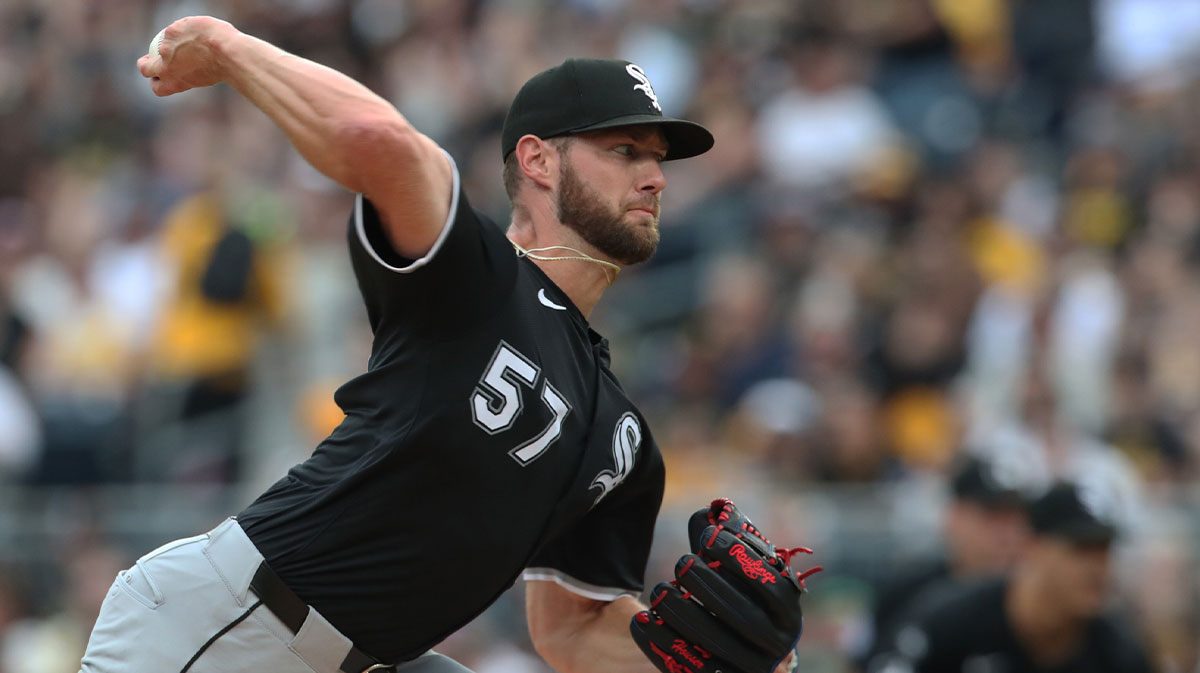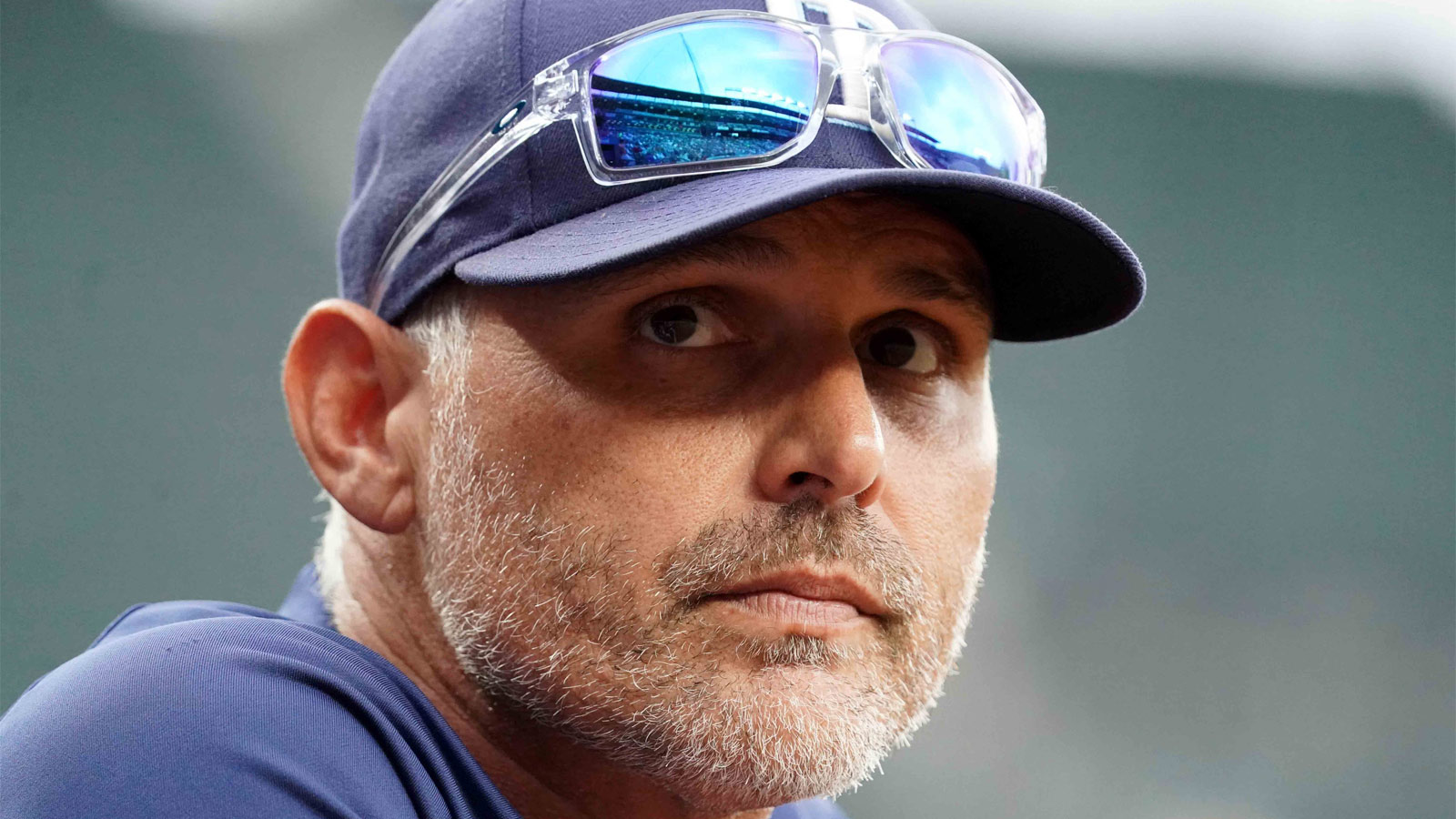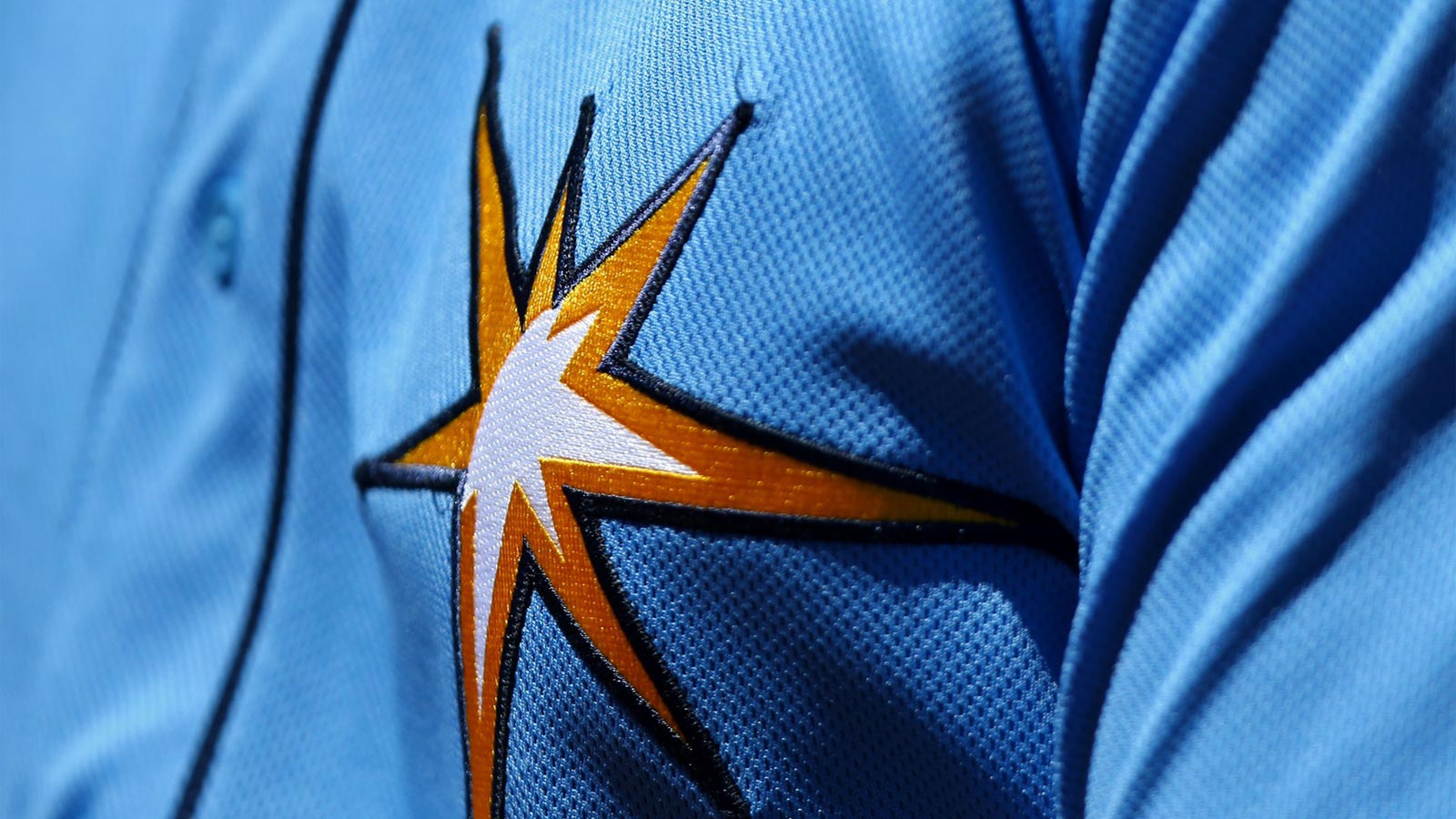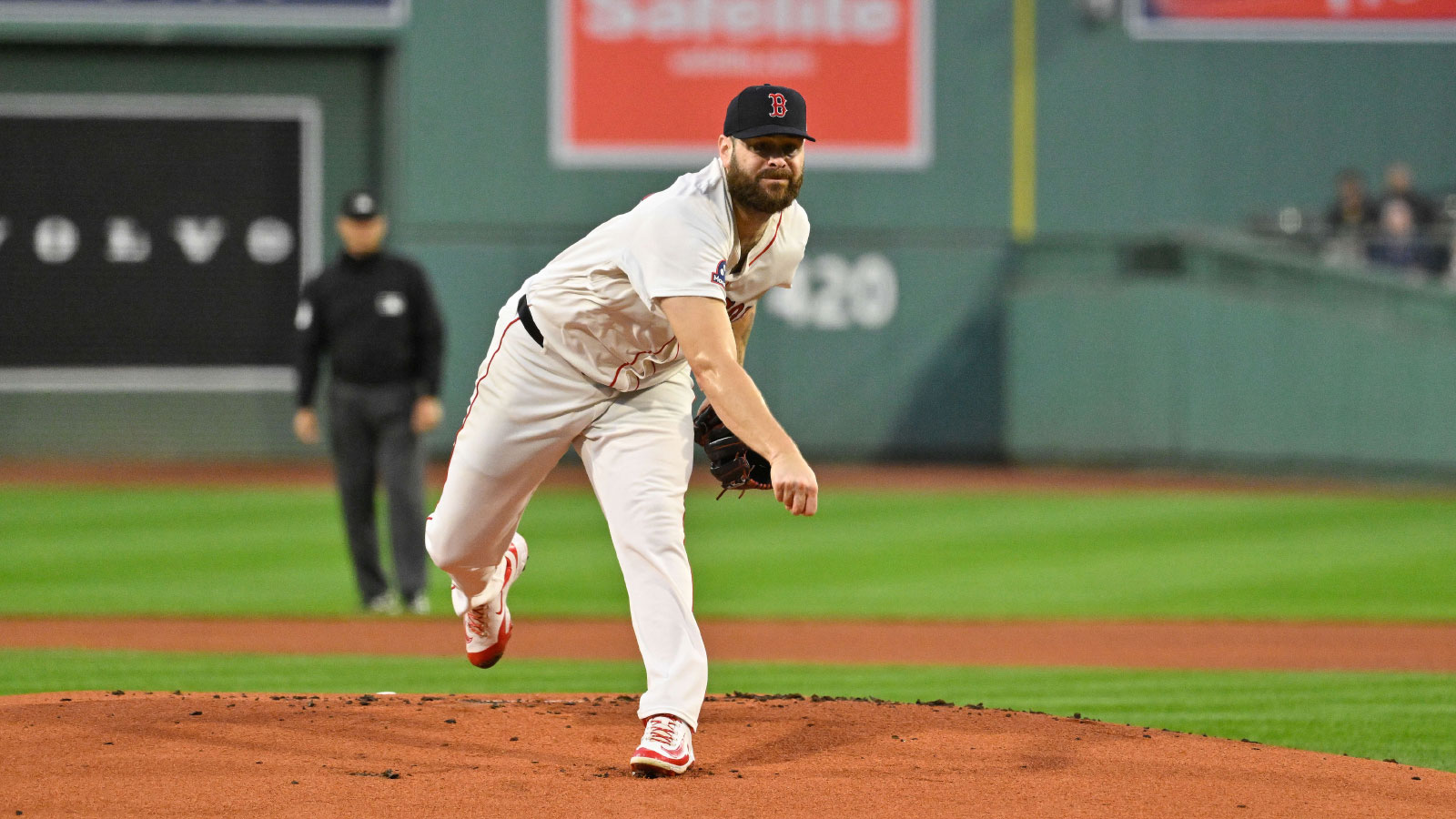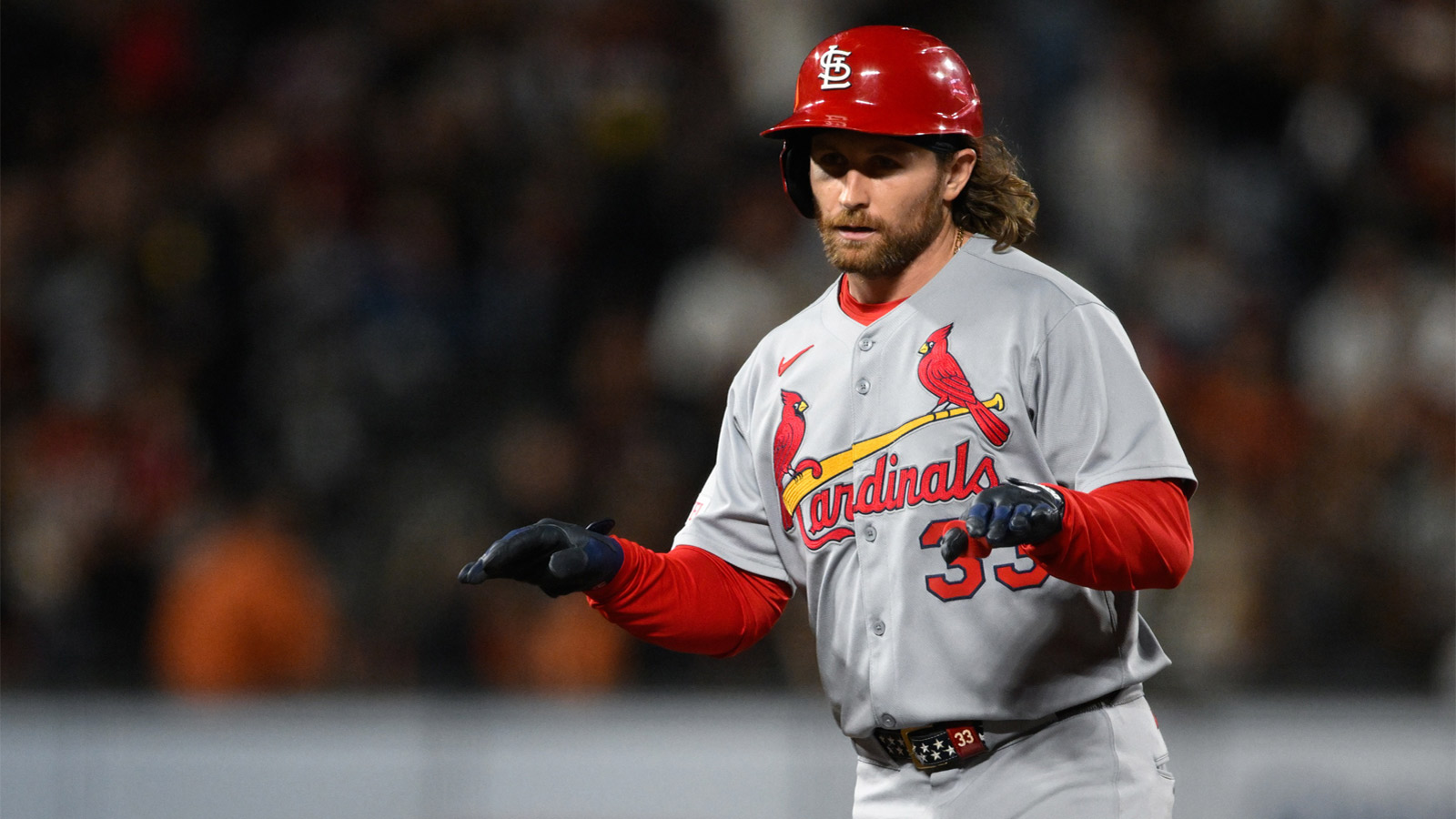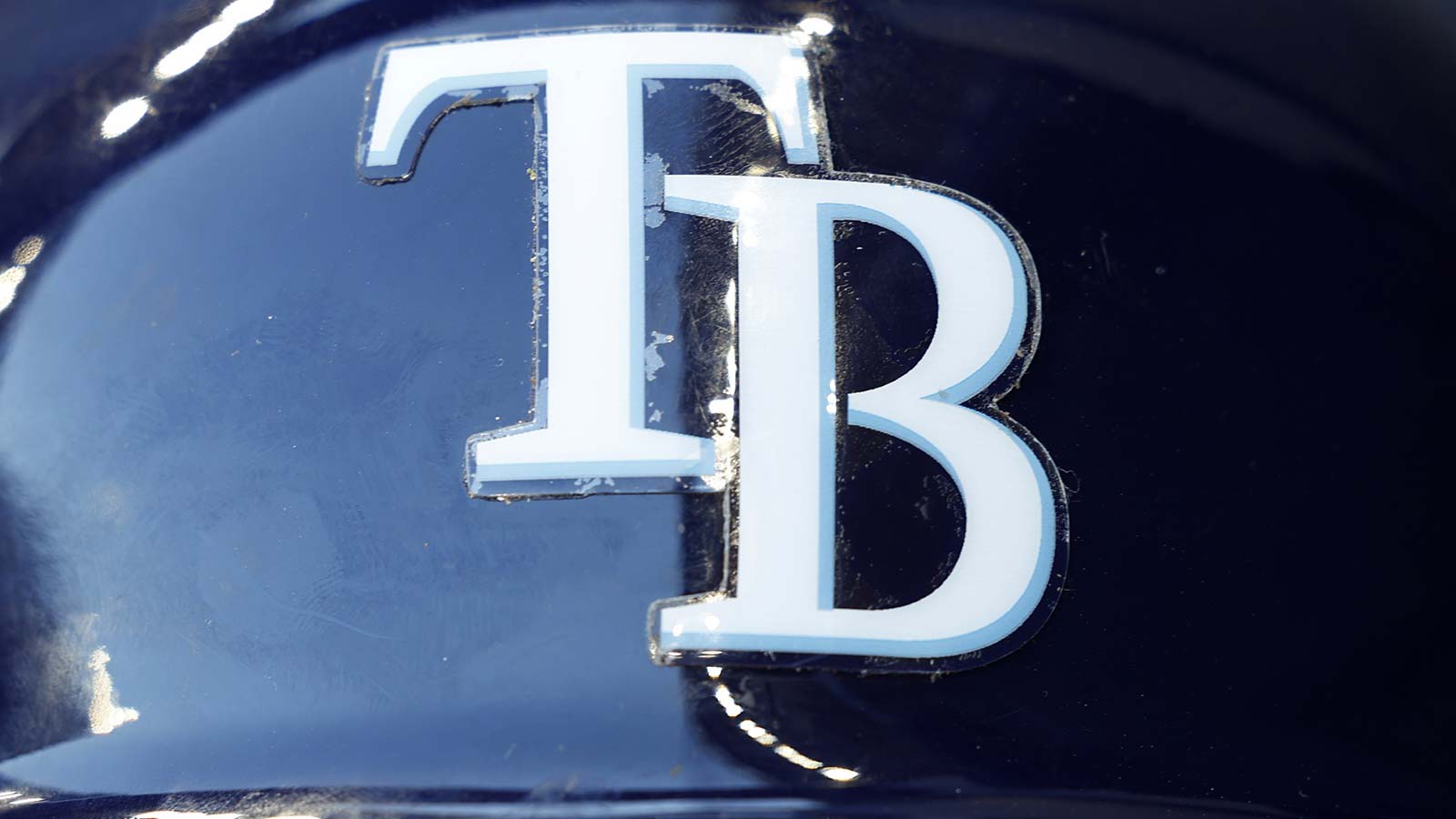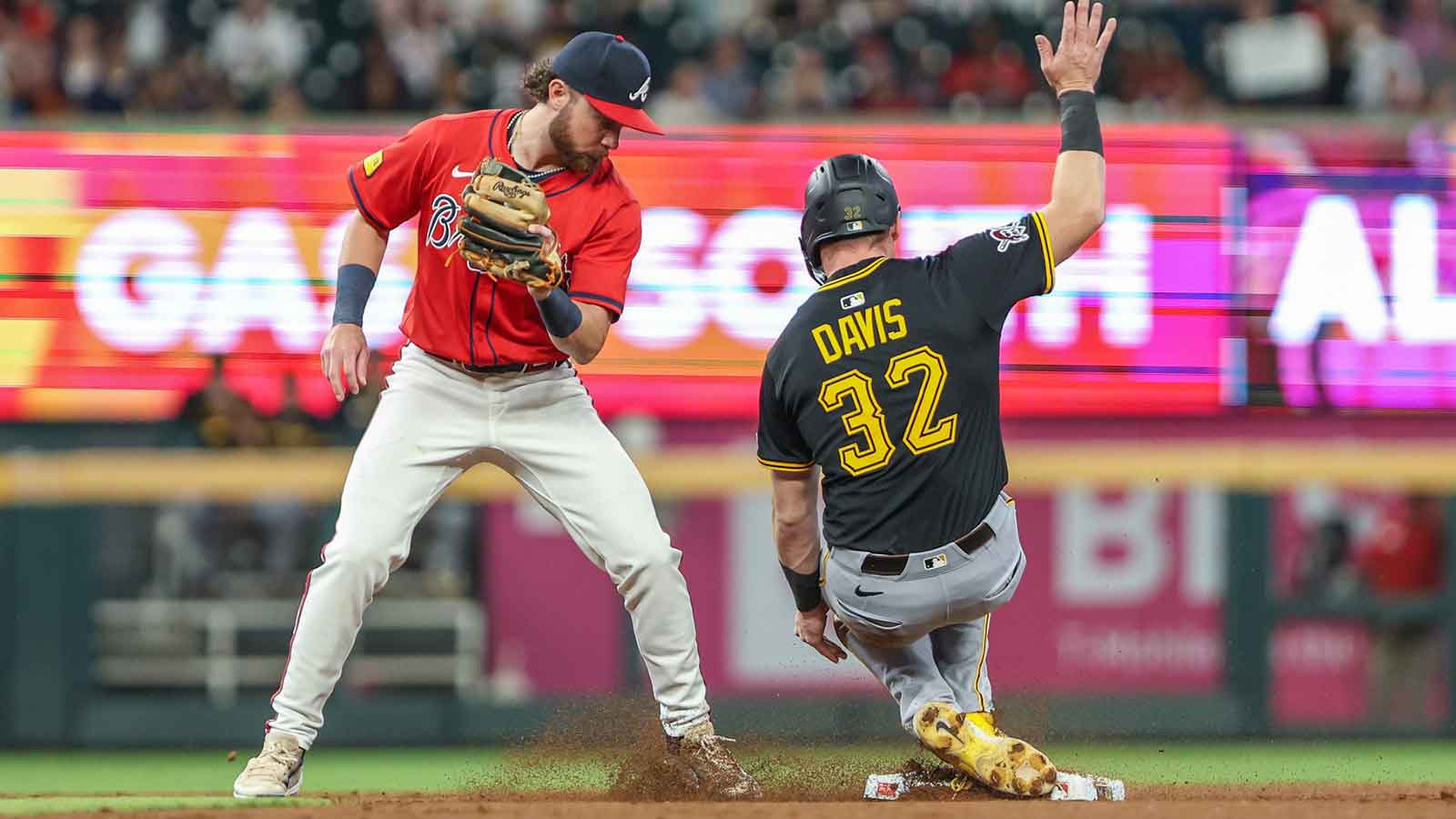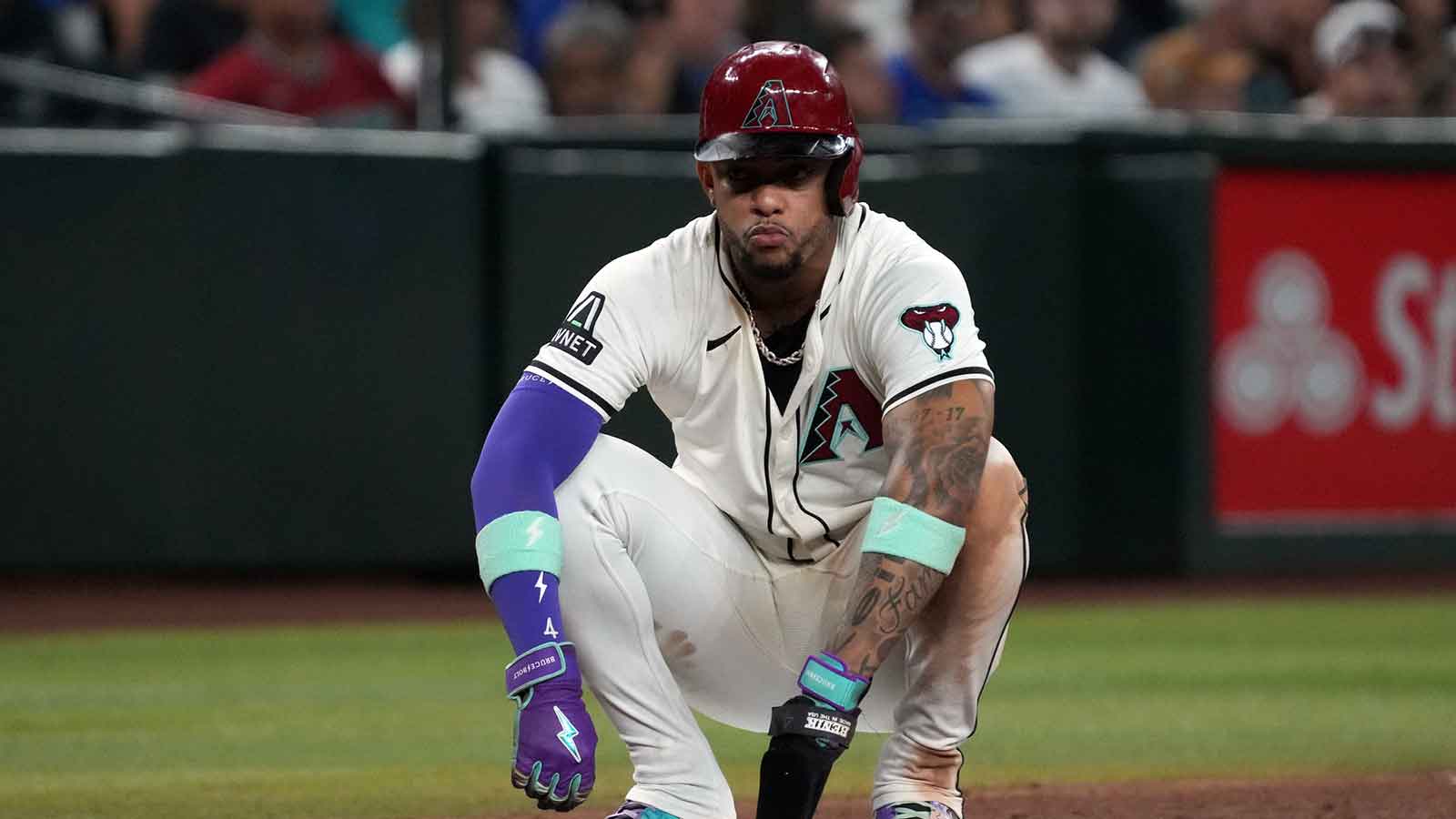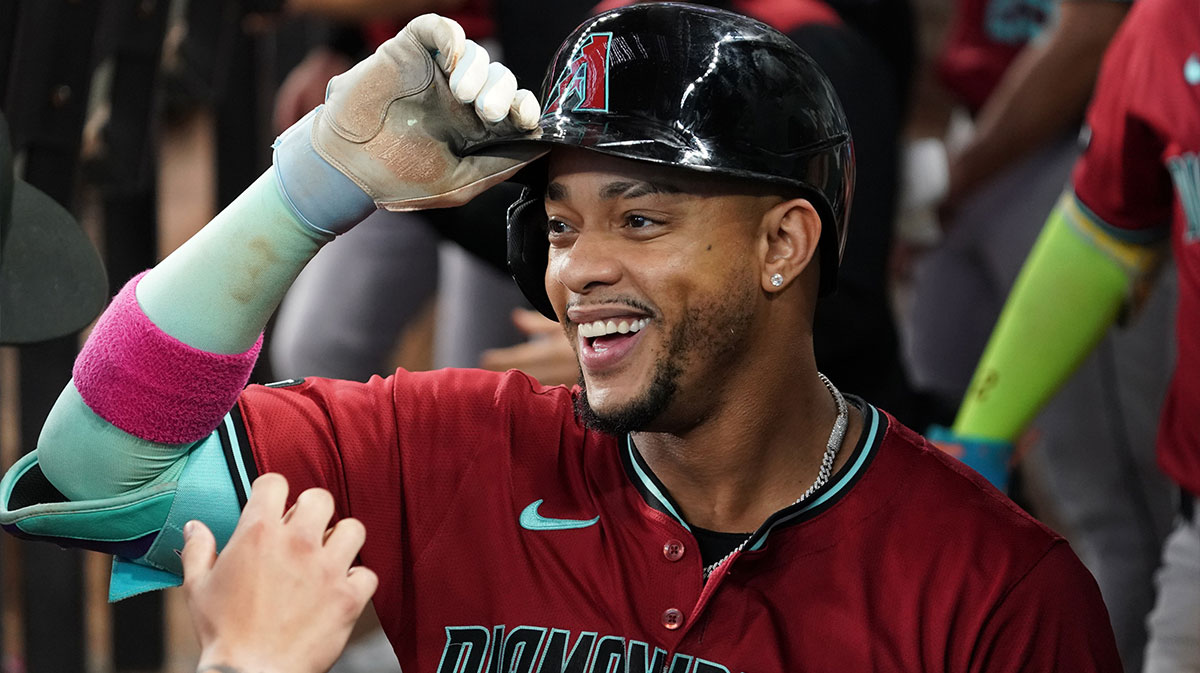The Tampa Bay Rays have never been afraid to get creative at the trade deadline, and this year was no exception. With their rotation battered and playoff hopes still alive, the Rays made a shrewd move, acquiring right-hander Adrian Houser from the Chicago White Sox in exchange for infielder Curtis Mead and minor league pitchers Duncan Davitt and Benjamin Peoples. On paper, this is a classic Tampa Bay win-now move with minimal downside. For the White Sox, it’s more of a pragmatic deal than a franchise-altering swing.
Let’s start with Tampa. Adrian Houser is quietly having one of the best rebound stories of the 2025 season. Just a few months ago, he was floundering in Triple-A with the Rangers’ affiliate after being cut by the Mets. Then came a one-year, $1.35 million lifeline from the White Sox — and he made the absolute most of it.
In 11 starts for Chicago, Houser posted a 2.10 ERA with a 1.22 WHIP, 47 strikeouts, and 22 walks over 68.2 innings. Not flashy, not overpowering — his 17.1% K rate is modest — but the man simply got outs. He’s been a barrel suppressor and consistently kept his team in games, logging nine quality starts in those 11 outings.
Rays add a starter who can help with a postseason push

For a Rays team needing stability, Houser is a plug-and-play starter who brings postseason experience and calm under pressure. He’s no Zack Wheeler, but he doesn’t have to be. With Drew Rasmussen, Shane Baz, and Joe Boyle all looking sharp, and Shane McClanahan soon returning, Houser adds valuable depth and playoff insurance.
From a financial standpoint, Tampa is still Tampa. Houser is a rental, but a cheap one. And for a team fighting 3.5 games back in the Wild Card, this is a no-brainer move that boosts the rotation without depleting elite prospect capital. Taj Bradley was already flipped for elite reliever Griffin Jax, signaling that the Rays are in full win-now mode. This deal fits that agenda perfectly.
This wasn’t a home run, but it’s not a swing-and-miss either. Houser was a lottery ticket signing, and flipping him for three pieces — including a former Top 100 prospect — is solid asset management. But the upside here is more “solid contributor” than “future star.”
White Sox continue to sell off in a never ending rebuild
Curtis Mead was once a highly touted prospect, ranked as high as No. 36 by Baseball America before the 2023 season. Since then, his stock has fallen. In 49 MLB games this year with the Rays, Mead slashed a modest .226/.318/.339 with three homers. He’s versatile enough to play all over the infield but hasn’t found a groove offensively. That said, he’s just 24 and has a long track record of mashing in the minors. If he can put it together, he could be a lineup regular in a rebuilding Chicago infield.
Davitt and Peoples are classic Rays pitching prospects: under-the-radar but intriguing. Davitt, 25, just earned a promotion to Triple-A and has been described as a funky low-slot starter with swing-and-miss stuff. Peoples, 24, has quietly put together a strong year as a Triple-A reliever, holding hitters to a .189 average with a 2.65 ERA and a decent strikeout-to-walk ratio. Neither is guaranteed to be a big-leaguer, but the White Sox see both as viable bullpen or back-end options down the line.
GM Chris Getz should feel good about converting Houser into something after signing him off the scrap heap. But let’s be honest: the return doesn’t exactly move the needle for a franchise stuck in a long rebuild. Mead may help, and maybe one of the pitchers pans out, but this isn’t a franchise-changing deal — just a solid return on a savvy free-agent signing.
Rays: A | White Sox: B-
The Rays added a veteran arm they trust for a playoff push, doing so without touching their top prospects. That’s an A every time. The White Sox made a responsible move, turning a scrap heap find into a three-player return — but until Mead or one of the arms proves they’re more than depth, this is just a decent deal for a team with bigger problems to solve.

